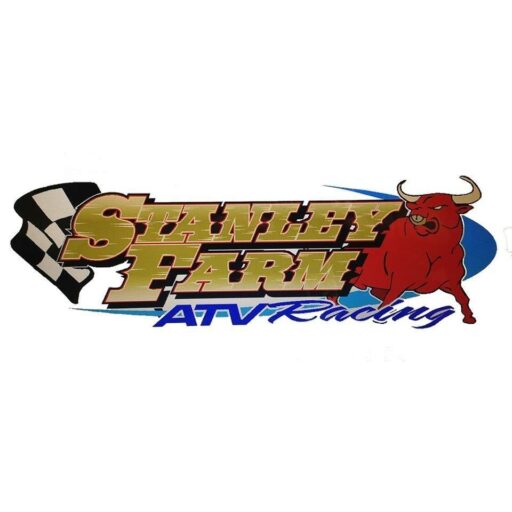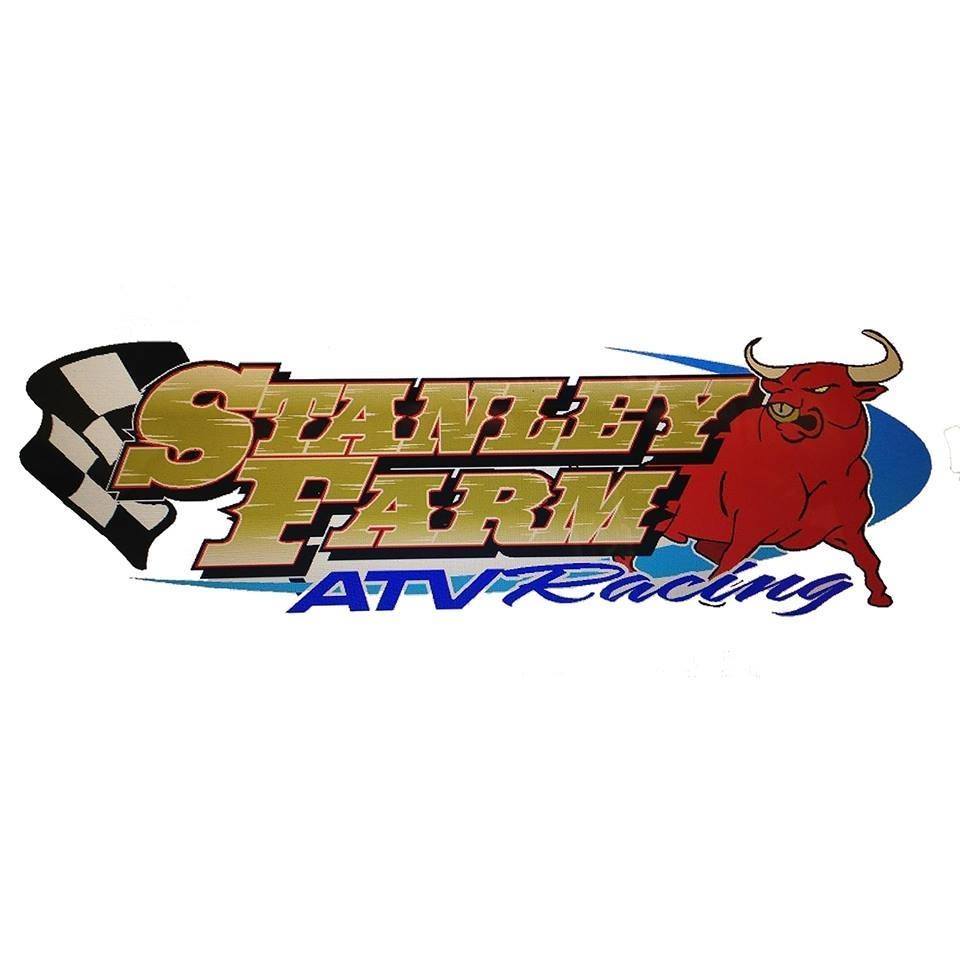Introduction: Why Farm ATV Maintenance Costs Matter
Farm ATVs are more than just off-road toys—they’re essential workhorses. Whether you’re hauling feed, towing equipment, or navigating muddy fields, your ATV takes on tasks that save you both time and energy. But with that hard work comes upkeep, and understanding Farm ATV Maintenance Costs is the key to keeping your machine reliable without breaking the bank.
Understanding Farm ATV Maintenance Basics
What Makes ATVs Different From Other Farm Equipment
Unlike tractors or trucks, ATVs are designed for versatility and agility. They face constant exposure to dirt, mud, and rough terrain, which speeds up wear and tear. This means Farm ATV Maintenance Costs can be frequent and varied compared to heavier machinery.
The Role of Preventive Care in Cost Management
Think of ATV maintenance like caring for your own health. Regular checkups and small fixes are cheaper than major repairs. By investing in preventive care, farmers can keep costs predictable and avoid surprise breakdowns during critical work seasons.
Farm ATV Maintenance Costs Breakdown
1. Engine Oil and Filter Changes
Why Regular Oil Changes Are Crucial
Your ATV engine is the heart of the machine. Dirty or old oil can cause overheating and permanent damage. On farms, where dust and heavy loads are common, oil breaks down faster than normal.
Typical Costs for Oil and Filters
Expect to spend $30–$70 per oil change, depending on whether you do it yourself or use a mechanic. Add in filter replacement, and the total maintenance cost can reach $100 annually if you ride often.
2. Air Filter Replacement
Dusty Farm Environments and Filter Wear
Farm ATVs breathe in plenty of dust, pollen, and debris. A clogged air filter reduces performance and fuel efficiency.
Cost of Replacement Filters
Replacement filters typically cost $20–$40, but some high-performance models can reach $60. It’s a small price to protect your engine from bigger repair bills.
3. Tire Replacement and Repair
How Terrain Impacts Tire Lifespan
Sharp rocks, muddy trails, and heavy loads all chew through ATV tires quickly. Farmers often replace tires more frequently than recreational riders.
Expected Cost of Farm ATV Tires
Each tire costs around $70–$150, with heavy-duty farm ATV tires going higher. A full set can run $400–$600. Regular tire inspections can stretch out replacements.
4. Brake Pads and Rotors
Safety and Wear Issues
Brakes take a beating on farms, especially when towing loads on uneven terrain. Worn brakes are a safety hazard you can’t ignore.
Average Cost for Brake Maintenance
Brake pad replacement typically costs $50–$100 per axle, while rotors may add another $150–$250. Annual brake inspections are a smart move.
5. Battery Replacement
Common Signs of Battery Failure
If your ATV struggles to start, the battery might be fading. Cold weather and long idle periods shorten battery life.
Replacement Costs for Different ATV Models
ATV batteries range from $50 to $150, depending on whether you choose standard lead-acid or advanced lithium models. Farmers using electric ATVs (see here) may face higher replacement costs.

6. Drive Belt Replacement
Stress from Heavy Loads
Farm ATVs use drive belts to transfer power. Hauling equipment or climbing steep hills puts extra stress on these belts.
Cost of Parts and Labor
Drive belts cost $100–$200, with labor pushing the total to $250 or more. Carrying a spare belt is wise for farm operations.
7. Chain and Sprocket Maintenance
Why Chains Wear Faster on Farms
Dirt, mud, and grit grind down ATV chains faster than on smoother trails. Neglecting chain lubrication leads to costly failures.
Costs of Replacement and Adjustment
A full set (chain + sprockets) costs $100–$250, depending on ATV model. Regular lubrication extends life and lowers long-term Farm ATV Maintenance Costs.
8. Suspension and Shock Absorbers
Farm Terrain and Shock Damage
Bumpy terrain and heavy trailers test your suspension daily. Over time, shocks leak or lose effectiveness, making rides rough and unsafe.
Repair vs. Replacement Costs
Shock repairs can cost $100–$200, while full replacements may hit $300–$600 per axle. Investing in heavy-duty suspension can reduce frequency of repairs.
9. Cooling System Service
Radiator Cleaning and Coolant Top-ups
Farm ATVs often overheat from clogged radiators full of grass or mud. Flushing the cooling system prevents engine damage.
Typical Cost Ranges
Coolant flushes run about $80–$120, while radiator repairs or replacements can climb above $400. Simple habits like hosing off the radiator reduce costs.
10. General Wear and Tear Repairs
Small Fixes That Add Up
From light bulbs to cables, small parts wear out with heavy use. While they seem minor, they add up in the yearly budget.
Budgeting for Unexpected Costs
Farmers should set aside at least $300–$500 annually for miscellaneous fixes. This “rainy-day fund” helps soften surprise expenses.
Factors That Influence Farm ATV Maintenance Costs
Brand and Model Differences
Some ATV models are built tougher and last longer, while others require more frequent servicing. Choosing the right model upfront influences your long-term maintenance budget.
Frequency of Farm Use
Daily riders will spend more than seasonal users. Heavy-duty tasks like towing and plowing increase wear.
Local Labor Costs and Parts Availability
Where you live plays a role. In rural areas, labor may be affordable, but parts might take longer to source.
How to Reduce Farm ATV Maintenance Costs
Creating a Maintenance Log
Keeping a maintenance log helps track services and spot recurring issues. This reduces missed checkups and surprise failures.
Investing in Quality ATV Accessories
Durable ATV accessories like skid plates and tire upgrades protect your machine from unnecessary wear.
Choosing Between DIY vs Professional Service
Simple fixes like oil changes can be done at home using how-to guides. For bigger repairs, professional service ensures long-term reliability.
Smart Tools for Budgeting Maintenance Costs
Tracking Annual Farm ATV Expenses
Farmers should track ATV expenses alongside farm equipment costs. This helps compare whether maintaining or upgrading is more cost-effective.
When to Upgrade Instead of Repair
If your ATV’s repair costs exceed half its value, consider switching to a newer 2025 model. Sometimes upgrading is the smarter financial move.
Conclusion
Farm ATVs are essential tools, but they come with ongoing expenses. By understanding and planning for these 10 Farm ATV Maintenance Costs, farmers can stay ahead of breakdowns and keep their operations running smoothly. With smart budgeting, preventive care, and the right equipment, your ATV will remain a reliable partner in daily farm life.
FAQs
1. How often should I change my ATV oil on a farm?
Every 50–100 hours of use, depending on workload and conditions.
2. Are farm ATV tires different from recreational ones?
Yes. Farm tires are usually more durable and built for traction on mud and uneven ground.
3. How long do ATV batteries last on farms?
Typically 2–3 years, but frequent starts and cold weather can shorten that lifespan.
4. Can I reduce maintenance costs with electric ATVs?
Yes, fewer moving parts mean lower routine costs, though battery replacements are pricier. See more on electric ATVs.
5. What’s the cheapest DIY farm ATV maintenance task?
Oil and filter changes. These are straightforward and save on labor fees.
6. How much should I budget yearly for farm ATV upkeep?
On average, $800–$1,500 annually, depending on usage and terrain.
7. Where can I learn more about farm ATV repairs?
Check the maintenance and repairs section for detailed guides and tips.


